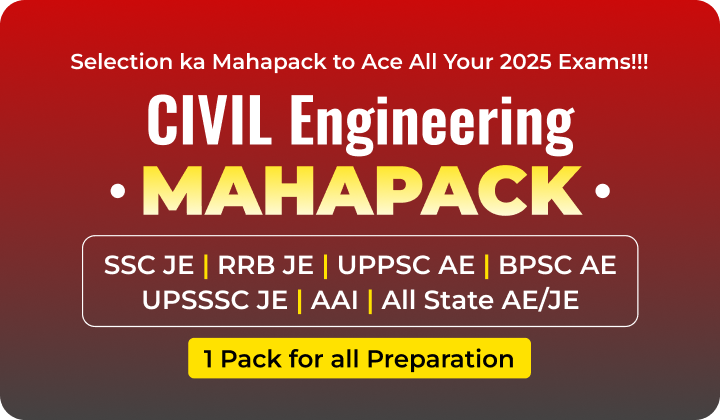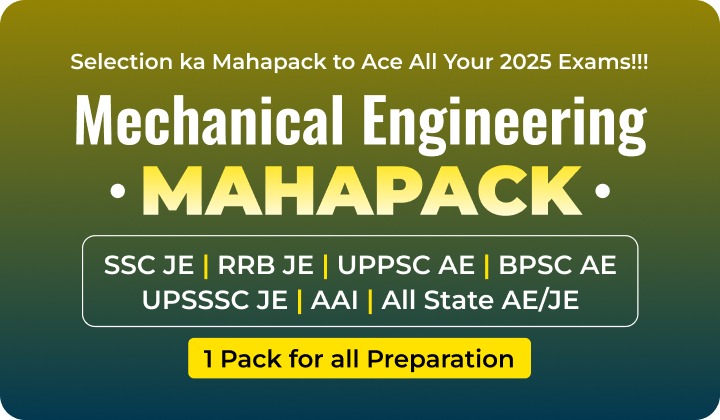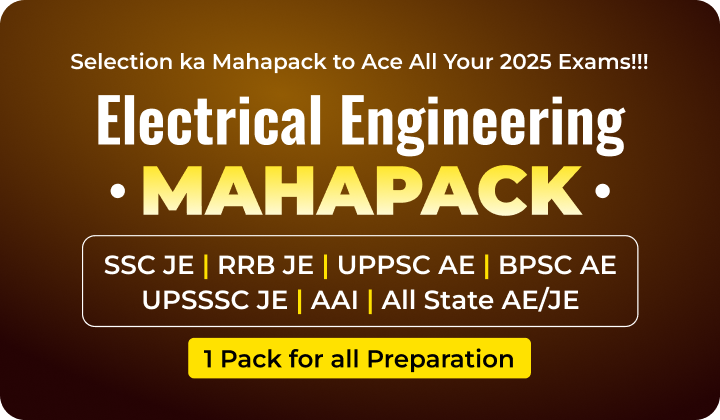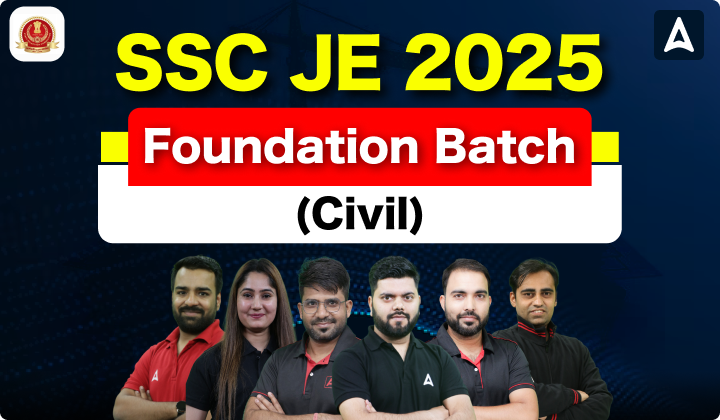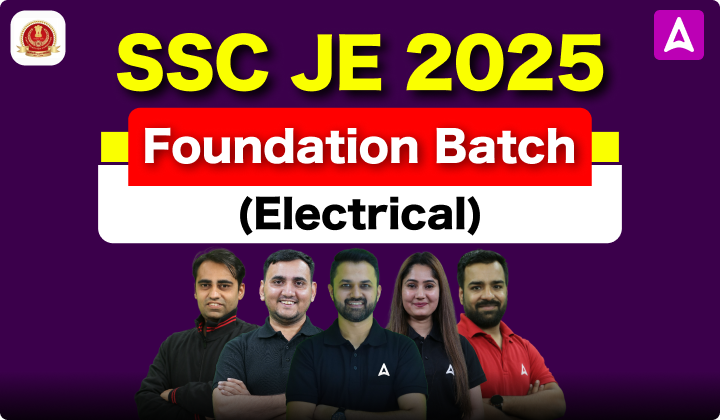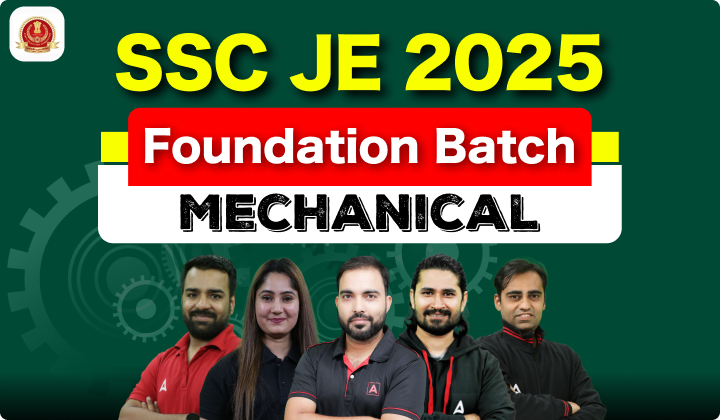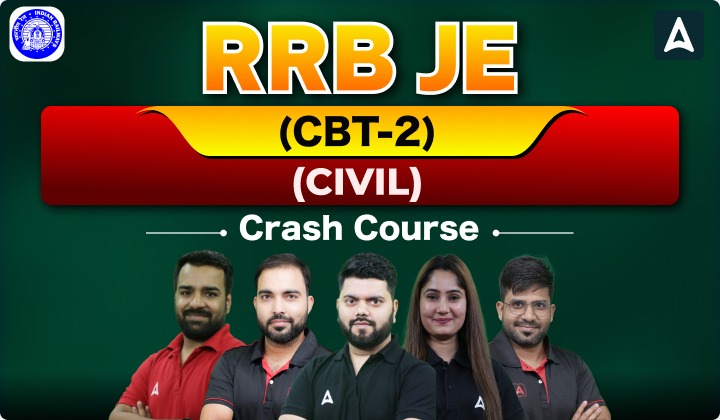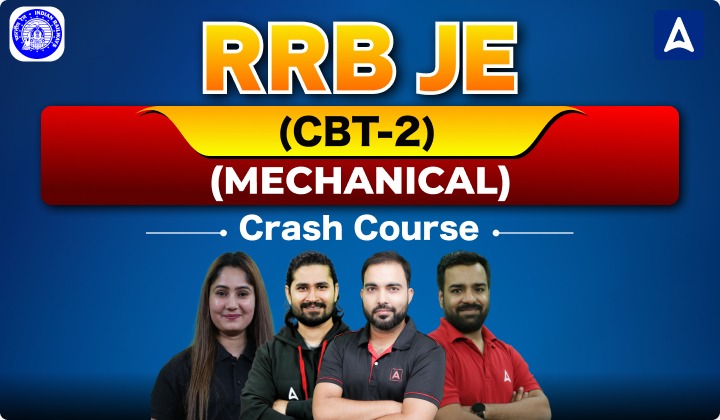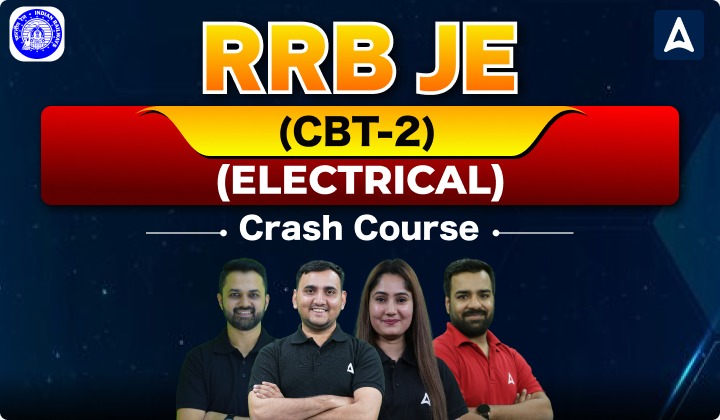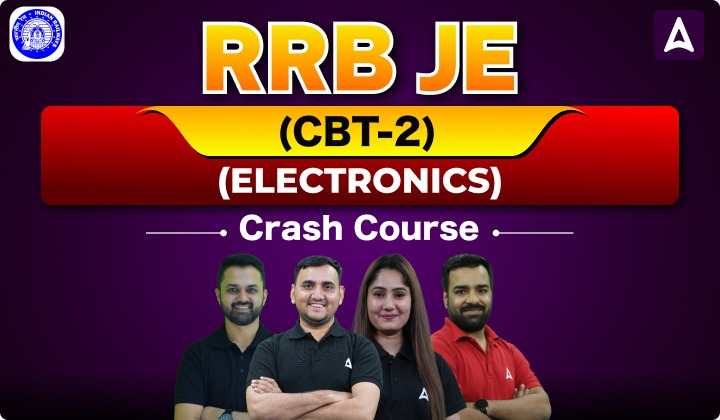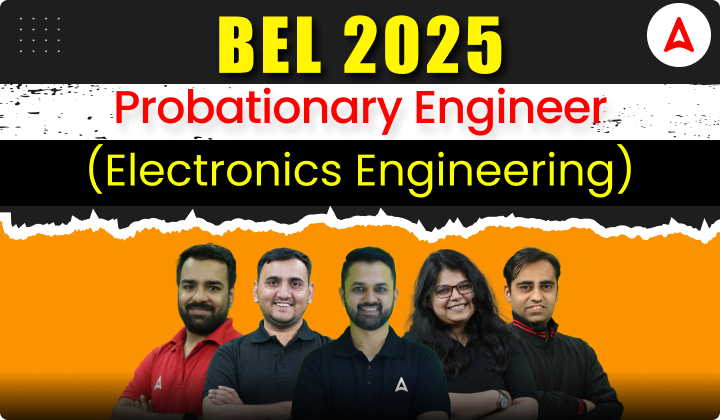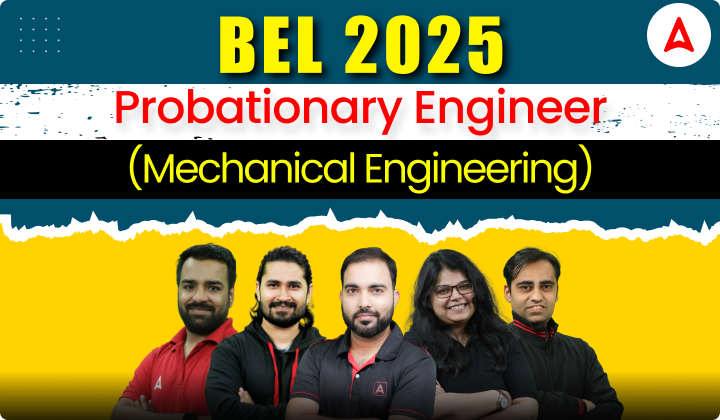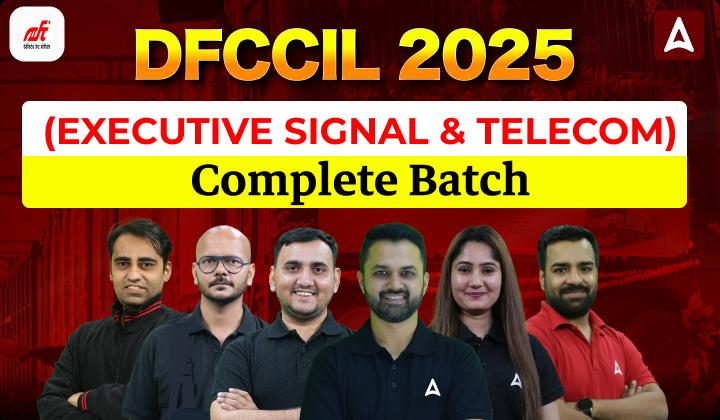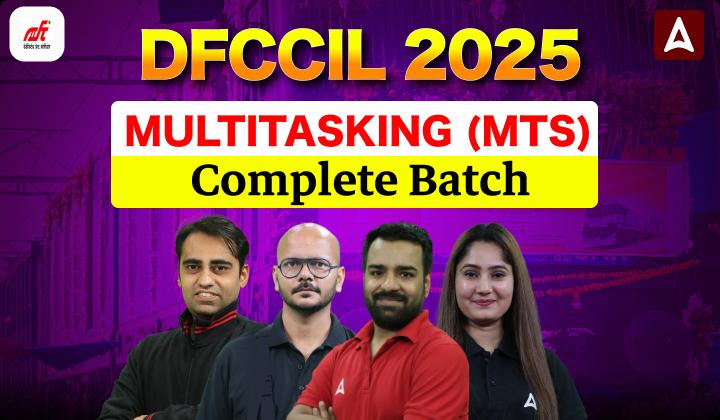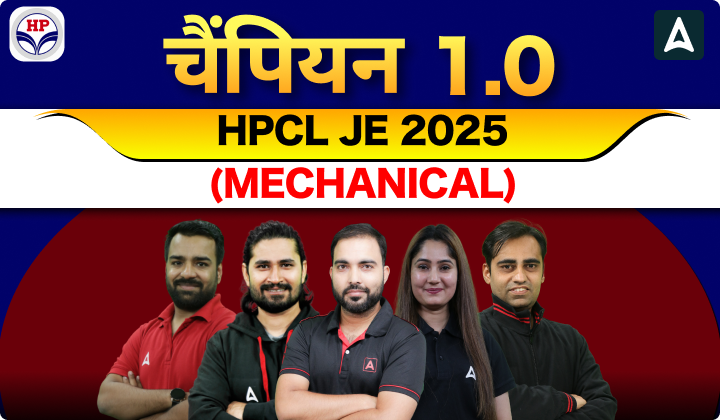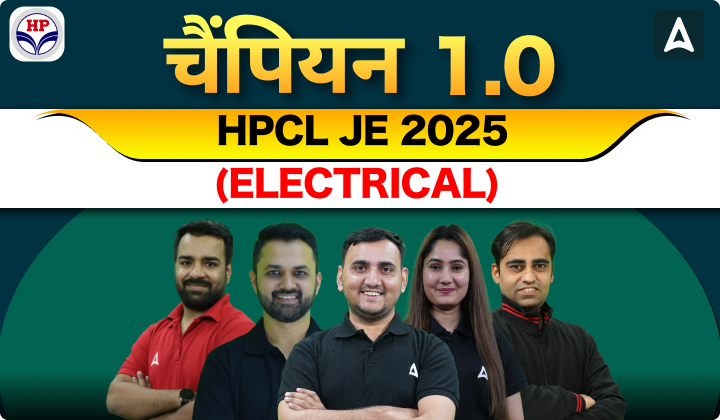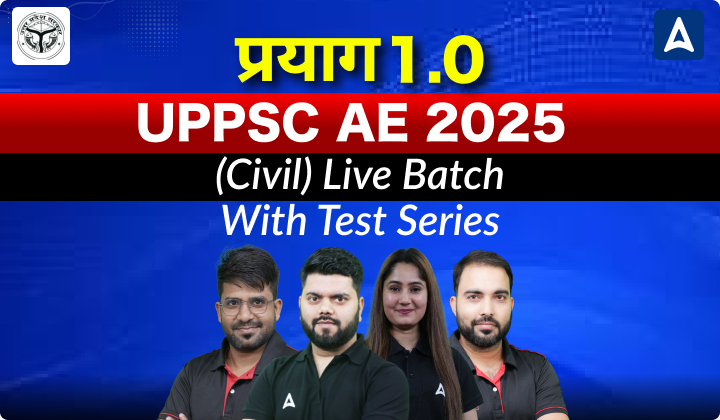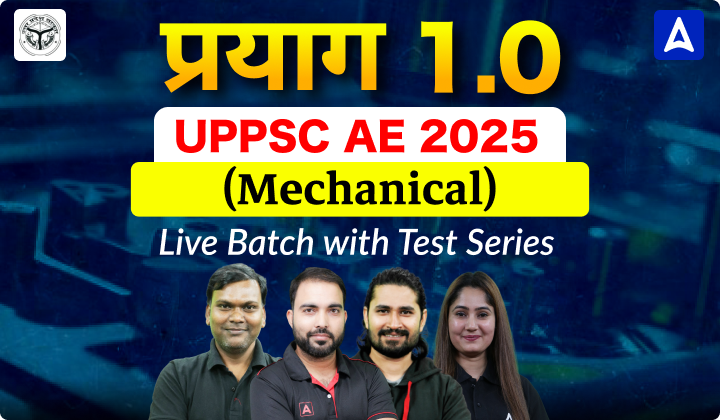Table of Contents
Dedicated Freight Corridor Corporation of India (DFCCIL) has issued a brief notification for the recruitment of 642 various positions. Candidates planning to apply for these roles should be aware that the DFCCIL selection process includes examinations. This article provides detailed information about the DFCCIL syllabus, exam pattern and helping applicants prepare effectively for the test.
DFCCIL Syllabus 2025
The DFCCIL recruitment process is set to begin on 18th January 2025, and candidates interested in applying should start preparing early, as the competition is expected to be tough. A well-structured study plan is essential, and understanding the syllabus is key to effective preparation. We recommend that candidates carefully review the syllabus for the specific post they are applying for and keep it visible on their study table to stay focused.
DFCCIL Syllabus 2025 – Overview
Candidates interested in DFCCIL Recruitment 2025 can check the important details about the notification from the table below:
| DFCCIL Syllabus 2025 Overview | |
| Organization | Dedicated Freight Corridor Corporation of India Limited |
| Post Name | MTS, Executive, Junior Executive |
| Number of vacancies | 642 |
| DFCCIL Syllabus 2025 | Available Here |
| Selection Process | CBT, Document Verification, and Medical Test |
| Official Website | @mpwz.co.in |
DFCCIL Exam Pattern 2025
The DFCCIL selection process consists of two Computer-Based Tests (CBT 1 and CBT 2). Candidates who successfully pass these initial stages will progress to the next round. The CBT 1 exam is common to all job positions, while the CBT 2 exam pattern varies depending on the specific post applied for. For those preparing for the exam, we have provided a detailed syllabus below to help guide your preparation and ensure you are ready for each stage of the selection process.
DFCCIL CBT 1 Exam Pattern 2025
The CBT 1 exam will consist of a total of 100 multiple-choice questions (MCQs), and candidates will be allotted 90 minutes to complete the test. It’s important to note that there will be a negative marking of 0.25 marks for each incorrect answer. The minimum qualifying marks are set as follows: 40% for UR/EWS candidates, 30% for SC/OBC-NCL candidates, and 25% for ST candidates. To help candidates prepare effectively, the following table provides a comprehensive breakdown of the CBT 1 exam pattern:
| DFCCIL CBT 1 Exam Pattern 2025 | |||
| Subjects | Number of Questions | Total Marks | Total Time |
| Mathematics/Numerical Ability | 30 | 30 | 90 Minutes |
| General Awareness | 15 | 15 | |
| General Science | 15 | 15 | |
| Logical Reasoning/ General Intelligence | 30 | 30 | |
| Knowledge about Railways/ DFCCIL | 10 | 10 | |
| Total | 100 | 100 | |
DFCCIL CBT 2 Exam Pattern 2025
Candidates who successfully qualify for CBT 1 will be shortlisted for CBT 2. The CBT 2 exam will have a different pattern depending on the specific post applied for. A total of 120 questions will be asked in the CBT 2, and there will be a negative marking of 0.25 marks for each incorrect answer. To help candidates understand the structure of the exam, the table below provides a detailed breakdown of the CBT 2 pattern for various posts:
| DFCCIL CBT 2 Exam Pattern 2025 | |||
| Subjects | Number of questions | Marks | Duration |
| Junior Managers and Executive | |||
| General Knowledge General Aptitude/Reasoning |
24 | 24 | 120 minutes |
| Domain Related | 96 | 96 | |
| MTS Posts | |||
| Mathematics / Numerical Ability | 120 | 120 | 120 minutes |
| General Awareness | |||
| General Science | |||
| Logical Reasoning /General Intelligence | |||
| Knowledge about Railways/DFCCIL | |||
DFCCIL Syllabus 2025
To help students prepare effectively, we have provided a comprehensive syllabus for both CBT 1 and CBT 2 exams. Below, candidates can find detailed information regarding the syllabus for each exam to assist in their preparation. By reviewing this section, students can gain a clearer understanding of the topics and subjects that will be covered, ensuring they are well-prepared for both stages of the examination process.
DFCCIL CBT 1 Syllabus 2025
As mentioned, CBT 1 will be common for all candidates, and performing well in this exam is crucial to progress to CBT 2. Understanding the detailed syllabus for CBT 1 will help you plan your preparation effectively. By knowing the specific topics and subjects covered in the exam, you can focus your study efforts accordingly. The table below provides the complete CBT 1 syllabus, helping you to get a clear overview of what to expect and how to prepare efficiently.
| DFCCIL CBT 1 Syllabus 2025 | |
| Subjects | Syllabus |
| General Awareness | Current Affairs, Indian Constitution, Booker and National Awards, Award-Winning Books, Awards and Honors, History, Culture, Science, Inventions & Discoveries |
| Numerical/Mathematical Ability | Percentage, Ratio and Proportion, Profit and Loss, Time and Distance, Time and Work, Averages, Simple & Compound Interest, Discount, Number Systems |
| General Intelligence | Coding- Decoding, Arithmetical Reasoning, Directions, Syllogism, Number Ranking, Data Interpretation, Statements & Arguments, Analogy, Decision Making, Blood Relations, Non-Verbal Series, Number Series, Cubes and Dice, Embedded Figures, Alphabet Series, Statements & Conclusions, Clocks & Calendars, Mirror Images |
| Logical Reasoning | Similarities & Differences, Space Visualization, Problem-Solving, Analysis, Judgment, Decision Making, Visual Memory, Observation, Relationship Concepts, Non-Verbal Series |
| General Science | Physics, Chemistry, Biology |
| Knowledge about Railways/DFCCIL | General Knowledge General awareness History of Indian Railways and DFCCIL, Economics and marketing, Customer relations |
DFCCIL CBT 2 Syllabus 2025
Candidates who are appearing for the different positions can refer to the syllabus according to their branch. We have provided a detailed syllabus according to the post and branch. Refer to the table below to know the detailed syllabus:
| DFCCIL CBT 2 Syllabus 2025 | |
| Post | Syllabus |
| Executive (Electrical) | Part A: General Knowledge and General Aptitude/Reasoning
Part B: Power Transmission & Distribution, Circuit Analysis & Control system, Machines, Electronics, Measurement, Rest |
| Executive (Signal & Telecommunications) | Part A: General Knowledge and General Aptitude/Reasoning
Part B: Engineering Mathematics, Networks, Signals & systems, Electronic devices, Analog Circuits, Digital circuits, Control Systems, Communication, Electromagnetic |
| Executive (Civil) | Part A: General Knowledge and General Aptitude/Reasoning
Part B: Engineering and Solid Mechanics, Structural Analysis, Building & Construction Materials, Concrete (MCC, RCC & PSC) and Steel Structures Design, Soil Mechanics, Foundation Engineering, Public Health Engineering, Transportation Engineering, Hydraulics, Hydrology & Hydraulics Structures, Engg. Drawing, Estimation surveying, etc. |
| Executive (Operations & BD) | General Knowledge, Logical Reasoning, Numerical Ability, General Science, History of Indian Railways and DFCCIL, Economics & Marketing, Customer Relations |
| Junior Executive (Electrical) | Part A: General Knowledge, Numerical Ability, General Aptitude / Reasoning, General Science
Part B: Electrical Circuits and Fields, Signals and Systems, Electrical Machines, Power Systems, Control Systems, Electrical and Electronic Measurements, Analog and Digital Electronics, Power Electronics and Drives etc |
| Junior Executive (Signal & Telecommunications) | Part A: General Knowledge, Numerical Ability, General Aptitude / Reasoning, General Science
Part B: Electronic Measurements and Instrumentation, Analog and Digital Circuits, Analog and Digital Communication Systems, Computer Organization and Architecture, Electro Magnetics, Advanced Communication Topics |
| Junior Executive (Operations & BD) | Part A: General Knowledge, Numerical Ability, General Aptitude / Reasoning, General Science
Part B: History of Indian Railways & DFCCIL, Economics & Marketing, Logical Reasoning, Customer Relations |
| Junior Executive (Mechanical) |
Part A: General Knowledge, Numerical Ability, General Aptitude / Reasoning, General Science Part B: Engineering Drawing, Measurement, Work, Power & Energy, Heat & Temperature, Machines, Tools & Equipment |
| Junior Manager (Finance) | Part-1 : General Knowledge, General Aptitude/Reasoning, etc.
Part-II : Accounting and IND AS Standards, Financial Reporting. Strategic Financial Management, Advanced Auditing. Professional Ethics, Strategic Cost, Management and Performan Evaluation, Corporate & Economic Laws, Direct Tax Laws, Indirect Tax Laws, Enterprise Informatie Systems, Risk Management, Financial Savices & Capital Markets, Computer Application in Busine E Filing of Returns, etc. |
| Related Articles | |
| DFCCIL Recruitment 2025 | DFCCIL Salary |
| DFCCIL Selection Process 2025 | DFCCIL Previous Year Question Papers |
| DFCCIL Cut-Off 2025 | |

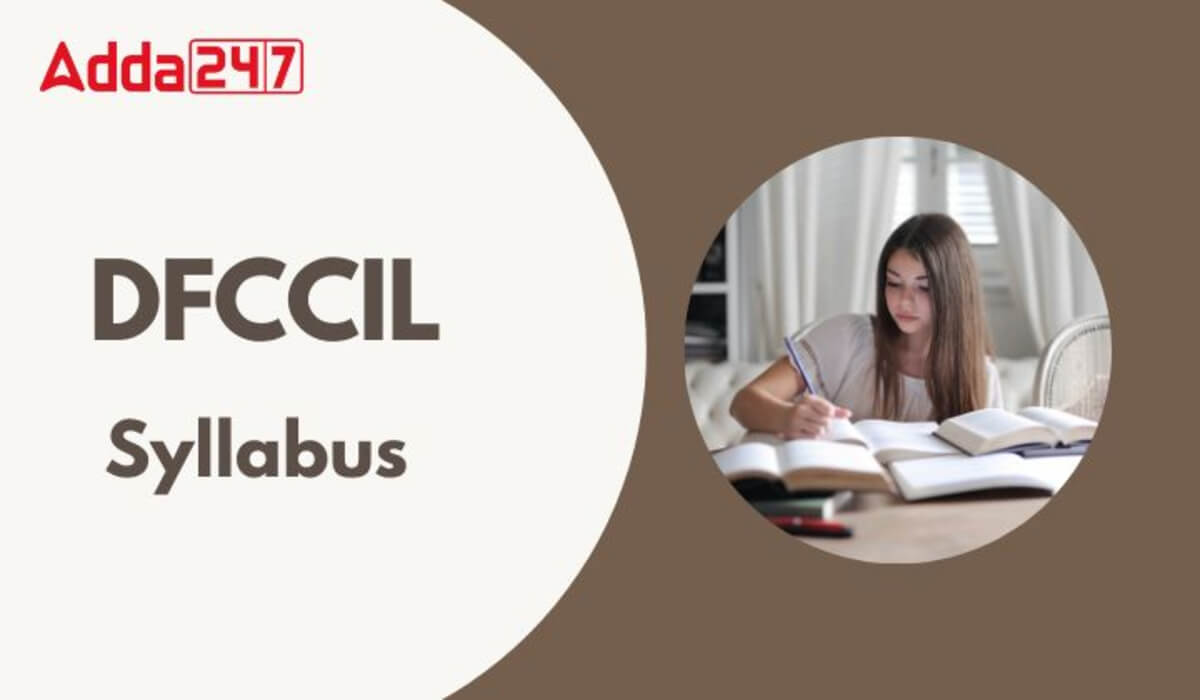
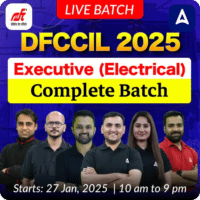

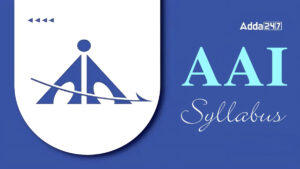 AAI ATC Syllabus & Exam Pattern 2025...
AAI ATC Syllabus & Exam Pattern 2025...
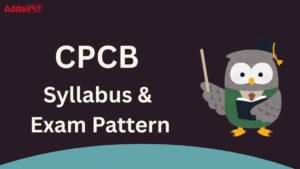 CPCB Syllabus With Exam Pattern 2025, Do...
CPCB Syllabus With Exam Pattern 2025, Do...
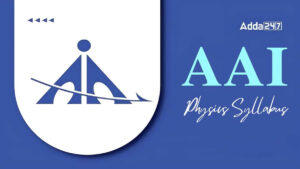 AAI JE ATC Physics Syllabus & Exam P...
AAI JE ATC Physics Syllabus & Exam P...

